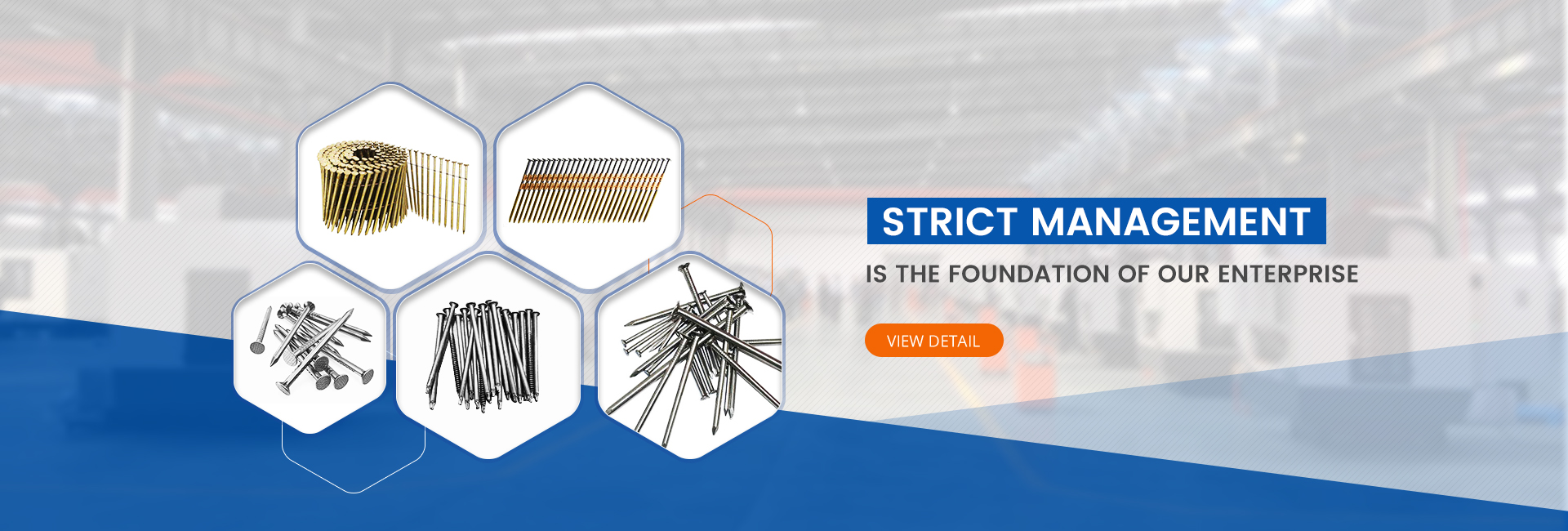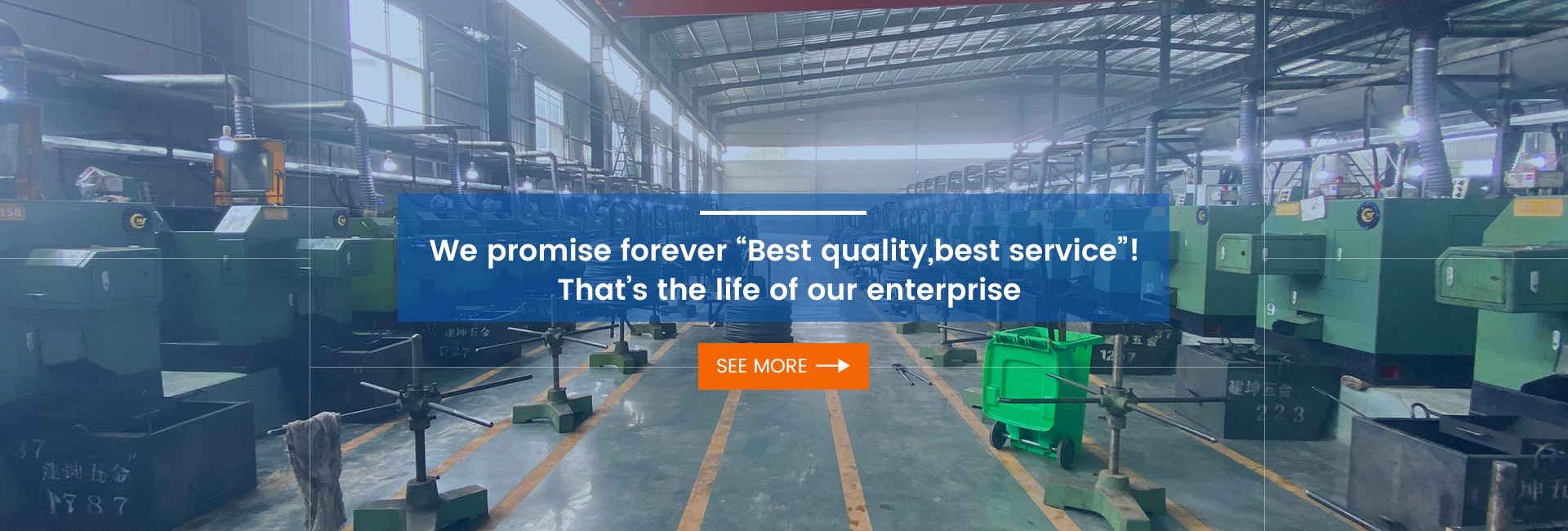Ordering the right flat coil nails isn’t just about selecting a size and quantity—it’s about making sure every detail matches your application, tools, and performance expectations. A small oversight in specifications can lead to production delays, increased waste, or even structural failures. Taking the time to review key technical details before placing an order can save time, money, and frustration.
Shank Type
The type of shank determines how the nail behaves after being driven into the material. Smooth shank nails are the easiest and fastest to drive, making them suitable for temporary or low-stress applications. Ring shank nails offer a much stronger hold, thanks to the ridges that grip the wood fibers tightly—ideal for framing, sheathing, or decking. Screw shank nails provide the highest withdrawal resistance and are often used in applications where movement or vibration is expected, such as siding or fencing.
Length and Diameter
Nail length and diameter should match both your nail gun’s capacity and the material being fastened. Using nails that are too short or too thin may compromise holding power, while overly long or thick nails can cause jamming, material splitting, or equipment damage. Always check your tool’s specifications and project requirements before ordering.
Finish and Coating
The right finish ensures the durability of your final product, especially when exposed to varying environmental conditions. For outdoor or high-moisture areas, opt for hot-dip galvanized or stainless steel nails for superior rust and corrosion resistance. For dry, indoor environments, bright or electro-galvanized nails may be sufficient and more cost-effective.
Coil Format and Packaging
Flat coil nails come in different collation types—typically wire or plastic—and at different coil angles, most commonly 15° to 16°. Ensure the nails are compatible with your nailer. Additionally, consider coil count per box or per pallet. High-capacity coils and efficient packaging reduce loading time and increase production speed, especially in automated or semi-automated manufacturing lines.
Conclusion
Choosing the correct flat coil nails starts with a thorough understanding of your tools, materials, and application conditions. Verifying each detail—shank type, size, finish, and packaging—helps avoid costly mistakes and supports efficient, high-quality work. With the right nails, you improve productivity, ensure better fastening strength, and reduce operational risks.
Post time: Apr-30-2025



